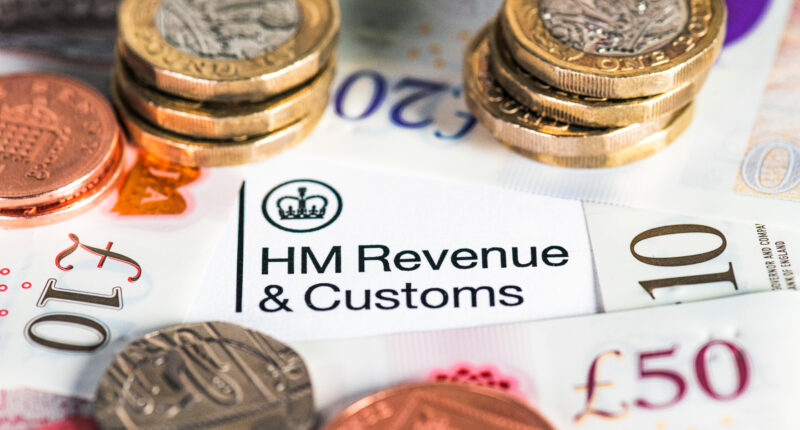MILLIONS of households on DWP benefits have to pay tax but several other welfare schemes are free from the burden.
Those drawing funds from their state pension or claiming carer’s allowance and jobseeker’s allowance are liable to pay income tax.
It comes as a recent petition, signed by 20,000 signatures, asked the government to remove income tax liability on any state pension income.
Households are only required to pay income tax if their total cash flow breaches the personal allowance.
The Treasury dismissed the suggestion in the petition and argued that those earning a sole income from the state pension won’t earn enough to be liable to pay income tax.
But if you also earn an income from a private pension you could end up breaching the personal allowance – meaning you’ll be liable to pay income tax.


Income tax is paid at different rates, depending on how much you earn – and some people pay nothing at all.
That’s because of the personal allowance, which is an amount you can earn before you start paying income tax.
The personal allowance is the amount you can earn each year tax-free.
It can change from one year to the next and is set by the government.
Most read in Money
In the current tax year – which runs from April 6, 2022, to April 5, 2023 – the figure is £12,570.
On earnings between £12,570 and up to £50,270, you pay the basic income tax rate of 20%.
Income of £50,271 and above are taxed at the higher rate of 40%.
And the additional rate of income tax, which applies to earnings above £150,000, is 45%.
The thresholds for income tax generally rise each year so that people can earn more without paying more tax.
But the thresholds are now frozen until 2028.
In total, eight state benefits are taxable.
But 20 other benefits including Universal Credit and Pension Credit are completely tax-free.
We’ve listed all the benefits affected below.
Taxable state benefits
The most common benefits that you pay income tax on are:
- Bereavement allowance (previously widow’s pension)
- Carer’s allowance
- Contribution-based employment and support allowance (ESA)
- Incapacity benefit (from the 29th week you get it)
- Jobseeker’s allowance (JSA)
- Pensions paid by the Industrial Death Benefit scheme
- State pension
- Widowed parent’s allowance


Tax-free state benefits
The most common state benefits you do not have to pay income tax on are:
- Attendance allowance
- Bereavement support payment
- Child benefit
- Child tax credit
- Disability living allowance (DLA)
- Free TV licence for over-75s
- Guardian’s allowance
- Housing benefit
- Income support
- Income-related employment and support allowance (ESA)
- Industrial injuries benefit
- Lump-sum bereavement payments
- Maternity allowance
- Pension credit
- Personal independence payment (PIP)
- Severe disablement allowance
- Universal Credit
- War widow’s pension
- Winter fuel payments and christmas bonus
- Working tax credit










